The Ripple Effect
-News and Commentary-
The Memory War: Why They Want You to Forget
- Home
- News and Commentary
- The Memory War: Why They Want You to Forget

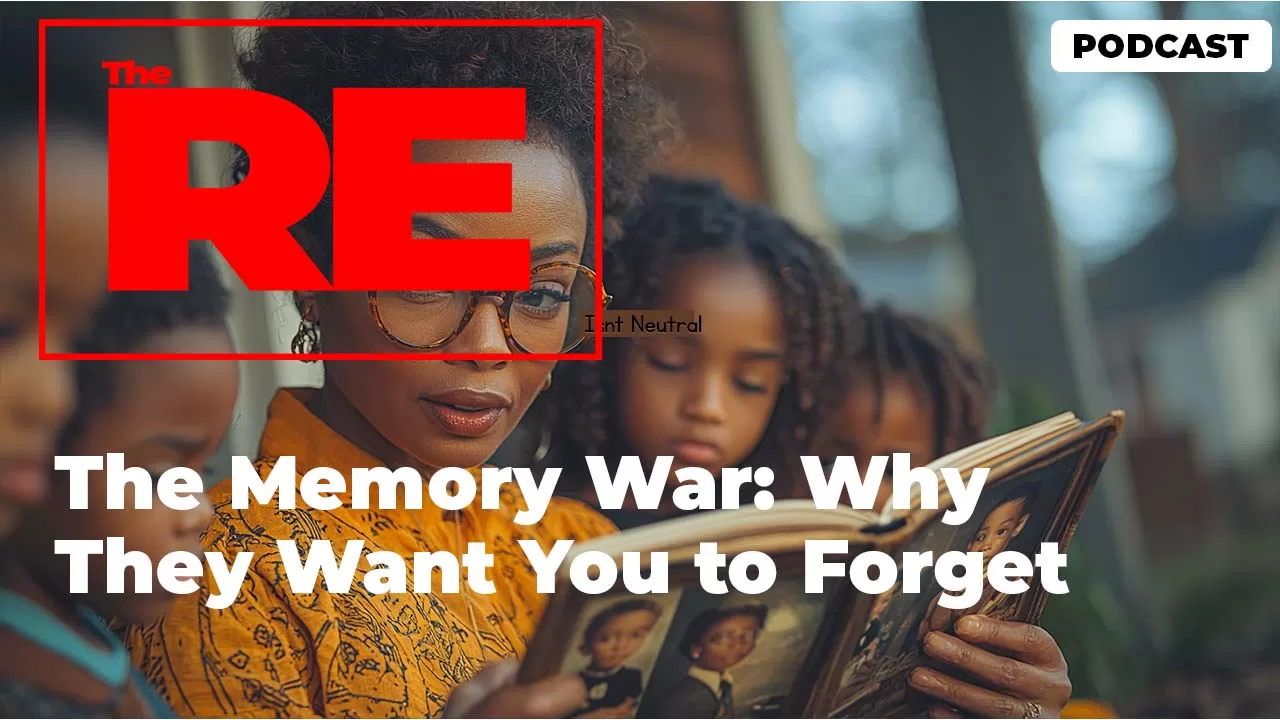
Over the past three years, more than 1,500 books have been banned across the U.S.—and most of them have something in common. They’re about race. About gender. About protest. About history that doesn’t make America look good. Books about Ruby Bridges. Malcolm X. Indigenous land theft. Internment camps. Queer identity. Enslavement. The stories that explain how we got here.
Gone.
Florida, Texas, Oklahoma, Missouri—they’re leading the charge. Some bans come from school boards. Others from new state laws with vague language about “parental rights” or “divisive concepts.” Teachers are being told not to assign books that make students “feel guilt” or “discomfort.” Libraries are being emptied. Black authors are being flagged. In some counties, educators have started putting warning stickers on Toni Morrison novels—like they’re toxic.
It’s not just books. It’s curriculum. History standards are being rewritten. Slavery is being reframed as “involuntary relocation.” Jim Crow laws are glossed over. The civil rights movement is sanitized. Words like “systemic” are being scrubbed from textbooks, and in some cases, the very names of movements—like Black Lives Matter—are being cut altogether.
This isn’t education reform. This is memory management. This is state-sanctioned forgetting. It’s not about keeping kids safe. It’s about keeping power comfortable. It’s about removing the context that makes current injustice legible. Because if people forget what happened, they’ll stop asking why it still feels like it’s happening now.
That’s the war. Not with weapons. With whiteout.
I remember the moment I realized they were trying to make us forget. It wasn’t one big thing—it was a slow drip. A headline about a book ban. A story about a teacher getting fired for showing a documentary. A bill that makes it illegal to talk about systemic racism without “presenting both sides.” That last part always gets me. Both sides of what?
I didn’t grow up in a country that told the truth. I grew up in a country that told a version of it—cleaned up, cropped tight, edited for white comfort. The Black history I know? I had to go find it. Piece by piece. Through conversations, barbershops, bootleg documentaries, mixtapes, church elders, street legends. Through teachers who risked their jobs to give us more than the state-approved chapters.
And now? Even that’s being erased.
What hits me hardest is how slick it’s become. They don’t say “we’re banning Black books.” They say “we’re protecting children.” They don’t say “we’re whitewashing history.” They say “we’re fostering unity.” It’s all coded. Branded. Wrapped in American flags and talking points. But underneath all that polish is the same old fear: if people really knew what was done in this country—in detail—they might start connecting the dots to what’s still being done now.
And not just Black people. All people. Because this war isn’t just against Black memory. It’s against any history that makes the present look like a pattern instead of a fluke. Indigenous genocide. Japanese internment. Latinx labor exploitation. Asian hate. Trans resistance. The whole thing. If it makes America look guilty, it gets reduced to a footnote—or cut altogether.
That’s why this isn’t just about school. It’s about control. Because if you control the memory, you control the morality. You control what’s seen as radical and what’s seen as righteous. You control whether someone demanding justice looks like a freedom fighter—or a threat.
And the thing is, forgetting doesn’t require you to delete everything. All you have to do is confuse it. Distort it. Flood it with noise. Remove just enough context that people start second-guessing what they thought they knew. That’s how you rewrite the story without changing a word.
And once people lose the truth, they stop fighting for it. Or worse—they start fighting against it.
This didn’t come out of nowhere. What’s happening right now isn’t a glitch. It’s a strategy. And like most American strategies, it’s dressed in paperwork. Policies. Hearings. Press conferences. But make no mistake—it’s suppression. Organized. Funded. Polished. And intentional.
It starts at the legislative level. States like Florida, Texas, Tennessee, and Oklahoma have passed laws banning the teaching of “divisive concepts.” On the surface, it sounds vague. That’s the point. Because the real power isn’t in what the laws say—it’s in how they’re interpreted. If a teacher wants to assign a reading about redlining, they’re told it might make white students feel guilt. If a school library has a book on Stonewall or the Trail of Tears, it’s flagged as inappropriate. If a teacher mentions that police violence has a historical pattern? Now they’re pushing an “agenda.”
The goal isn’t to debate history—it’s to scare people out of teaching it.
And it’s working. Teachers are self-censoring. Districts are pre-clearing materials. Librarians are being threatened with criminal charges. In some counties, entire classroom libraries are being boxed up until a state-appointed official gives the green light. That’s not education. That’s surveillance.
This is not breaking news. We don't report the news. We Unpack it. Explain it. And analyze what it means.
Click this button to add us to your home screen.
And who’s behind this? It’s not just parents. It’s PACs. It’s political donors. It’s organized networks of right-wing think tanks and cultural watchdogs. Groups like Moms for Liberty or Citizens for Renewing America—folks with money, talking points, and media reach. They show up to school board meetings with pre-written scripts. They flood Facebook groups with propaganda. They’re not trying to fix education. They’re trying to control it.
And what they’re selling is simple: fear. Fear that America is losing itself. Fear that white children are being “shamed.” Fear that history is a weapon being turned on the people who benefited most from the truth never being told.
This isn’t new. We’ve seen this before. In the 1920s, textbooks were whitewashed to paint slavery as a “civilizing” force. During the Cold War, civil rights leaders were framed as communists. After 9/11, curriculum was stripped of anything that sounded “anti-American.” This country has always used fear as an excuse to cut the mic when the truth gets uncomfortable.
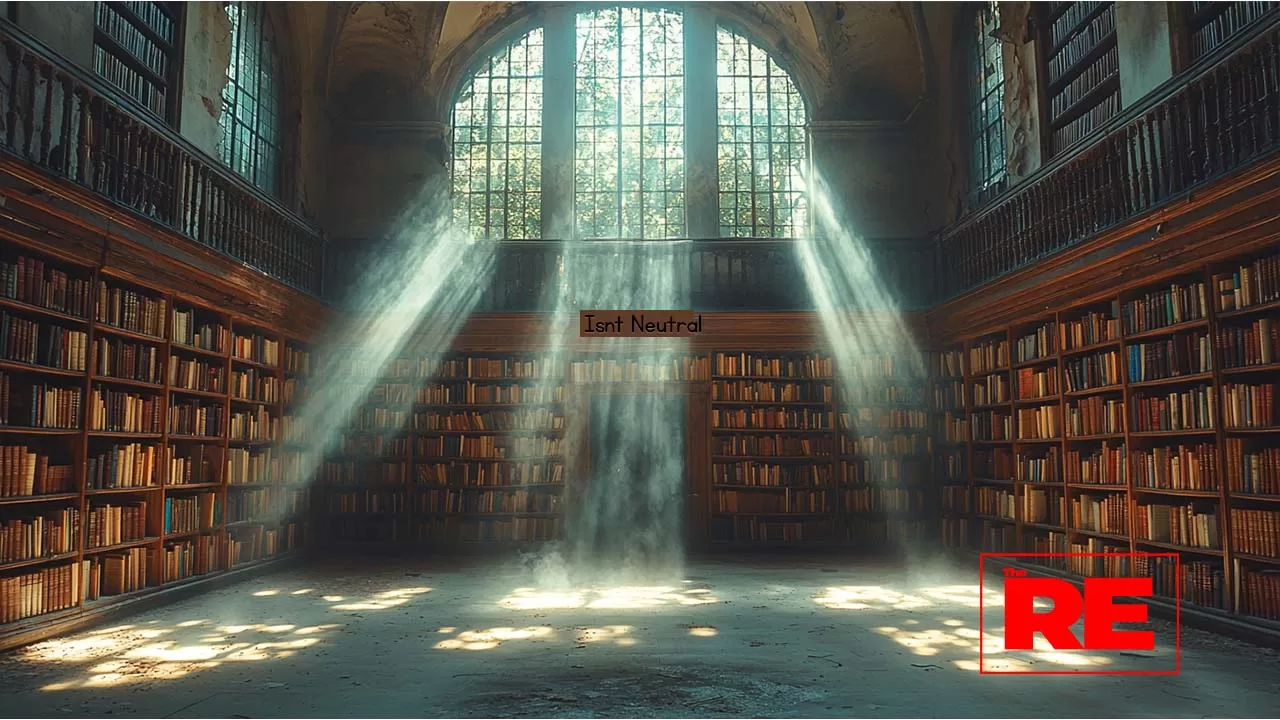
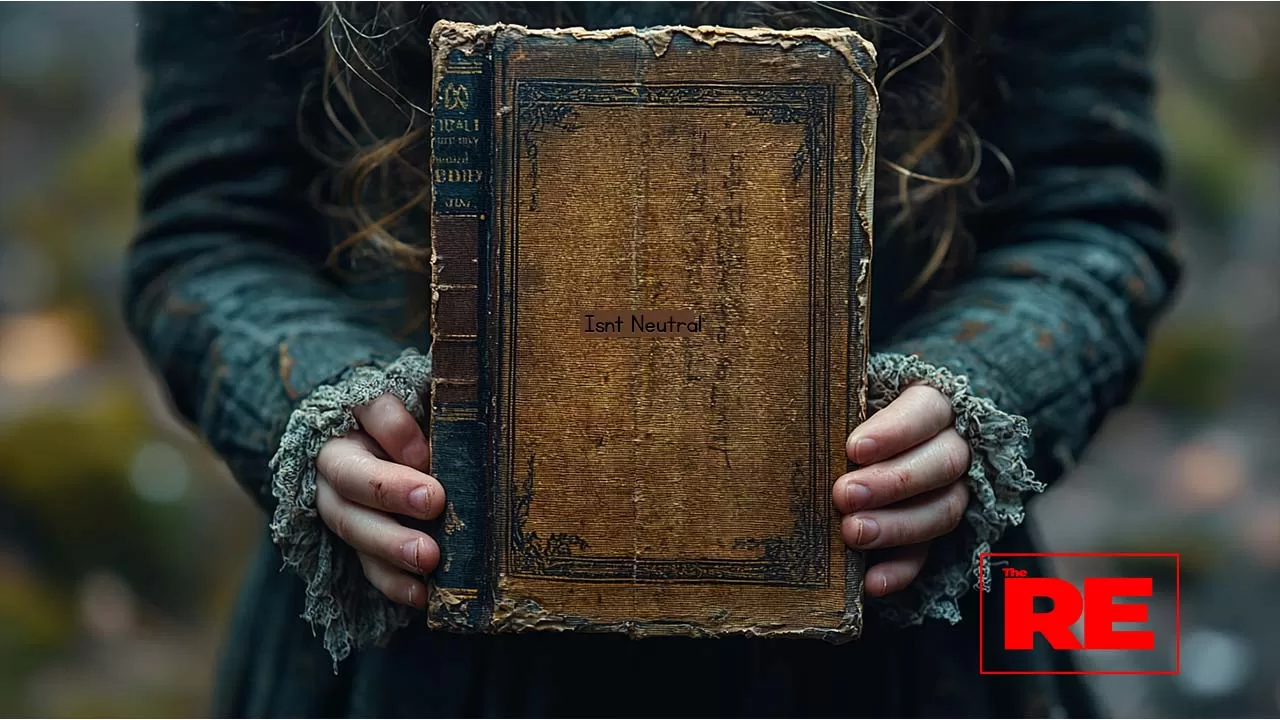
But now, the scale is bigger. The infrastructure is sharper. And the language is more sophisticated. They’re not burning books in the street—they’re rewriting the syllabus. They’re not pulling the fire alarm—they’re changing the code. And because it’s happening through legal channels, people think it’s legitimate. They think it’s democracy. But it’s not. It’s control. The kind that doesn’t need to shout because it already owns the mic.
And let’s be honest—this isn’t just about education. It’s about elections. It’s about shaping how the next generation sees this country. Because if you don’t learn about voter suppression, then you don’t question why certain communities still wait hours to vote. If you don’t learn about COINTELPRO, then you assume every activist is just angry for no reason. If you don’t learn about labor exploitation, housing discrimination, or how civil rights wins were watered down over time, then you grow up believing that the system works fine—and that the people asking for change are the problem.
That’s the endgame: to raise a generation that doesn’t even recognize injustice when they see it. Because they were never taught the blueprint. Never taught the signs. Never taught what power looks like when it’s lying to your face and daring you to call it out.
And let’s not forget—this erasure doesn’t just affect classrooms. It affects courtrooms. It affects policy. It affects media. Because when history is vague, accountability becomes optional. Politicians can say “that was a long time ago.” Police departments can say “that’s not who we are anymore.” Corporations can sponsor Black History Month while gutting diversity programs behind the scenes. And people believe them. Because they don’t know enough to say otherwise.
That’s what erasure does. It doesn’t just delete facts. It deletes context. And without context, even the truth can be made to look like an attack.
This is the part that keeps me up some nights—the idea that memory itself could be lost on purpose. Not because time faded it, but because someone took a red pen and said, this part? We’re not keeping that. It’s one thing to survive something. It’s another to watch it get edited out of the official record. Like it never happened. Like your struggle, your lineage, your pain, your fight, your progress—was just a side note that didn’t test well with certain audiences.
That’s what erasure does. It doesn’t just change the past. It kills the credibility of the present. It makes you question whether you’re seeing the full picture. Whether what you remember is real. Whether what you carry has any value. And when that happens across a generation? You don’t just lose stories. You lose compass. You lose connection. You lose the language you need to push back.
Because here’s the truth—people don’t just fight for what they believe in. They fight for what they remember. They fight for what they’ve seen with their own eyes or heard from people they trust. That’s what makes memory dangerous to power. It creates continuity. It connects this moment to every one before it. It says: this didn’t start with you, and it won’t end with you. And if we forget? Then they win. Quietly. Slowly. Without even needing to raise their voice.
But remembering is hard. Especially when you’re being told not to. Especially when you’re exhausted. Especially when the world wants you to move on—to get over it. To stop “living in the past.” But the past is never past. It’s right here. In housing policy. In voting lines. In medical mistrust. In which neighborhoods flood first. In whose kids get suspended more. In who gets hired, who gets stopped, who gets believed. You can’t fix the present if you’ve buried the blueprint.
So we remember. On purpose. Even when they make it inconvenient. Even when they call it divisive. Even when the textbooks won’t print it. We remember in kitchens and classrooms, in group chats and church pews. We tell the stories that didn’t make it into the official version. We teach our kids what the state doesn’t want them to know. We pass down the names. The patterns. The warnings. The receipts.
Because memory is armor. And the people trying to strip it away? They know that. That’s why they’re coming for it.
And if we stop remembering—if we stop repeating, stop documenting, stop archiving—we don’t just lose history. We lose footing. We lose momentum. We lose the power to say, this has happened before. We know what to do.
That’s why this war matters. Because forgetting isn’t neutral. It’s a choice. And in this moment, it’s a weapon. But remembering? That’s a choice too. And it’s one they can’t unwrite once it’s rooted. So remember everything they wanted you to forget. And teach it like it’s gospel. One story. One truth. One ripple at a time. This is The Ripple Effect, powered by The Truth Project.
This is not breaking news. We don't report the news. We Unpack it. Explain it. And analyze what it means.
Click this button to add us to your home screen.

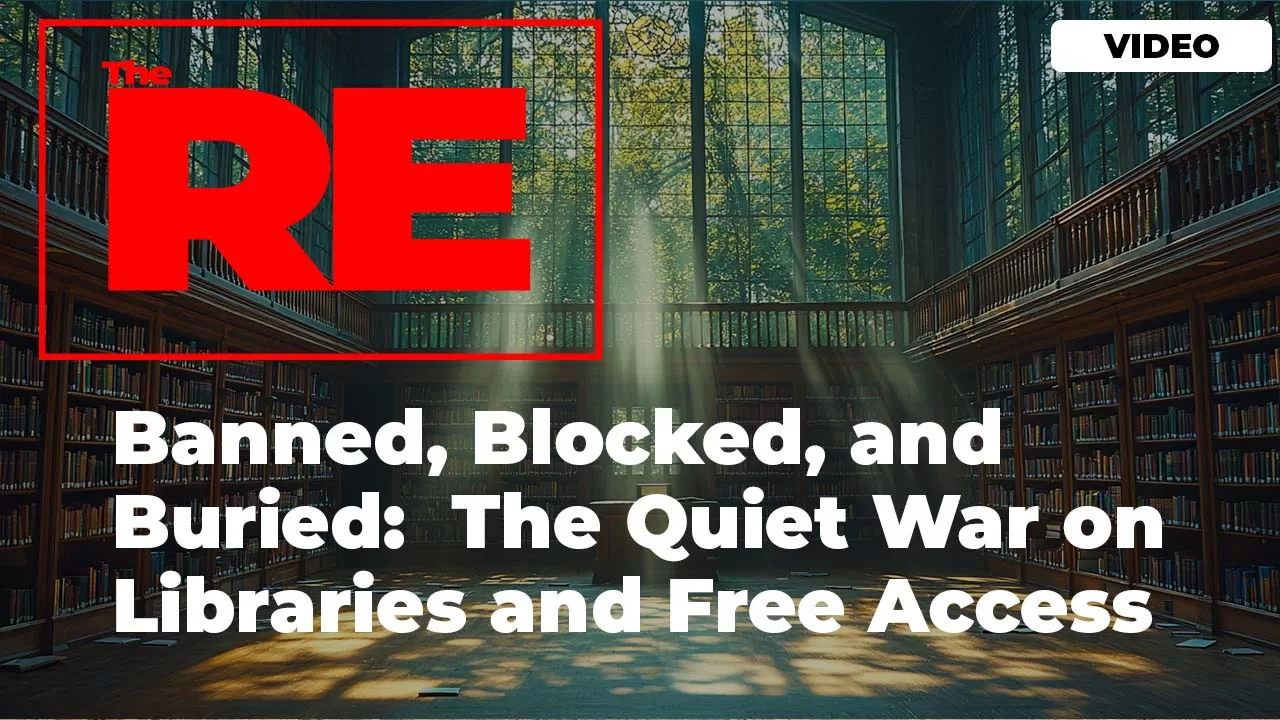
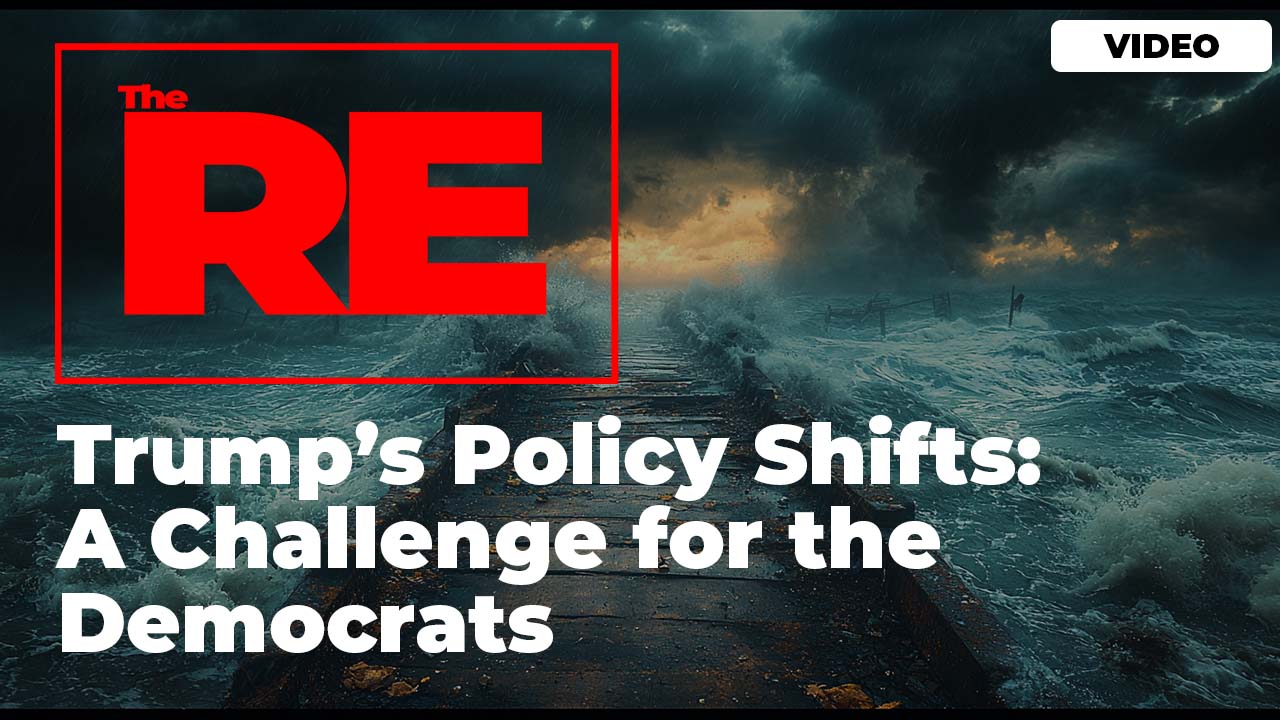


 and then
and then